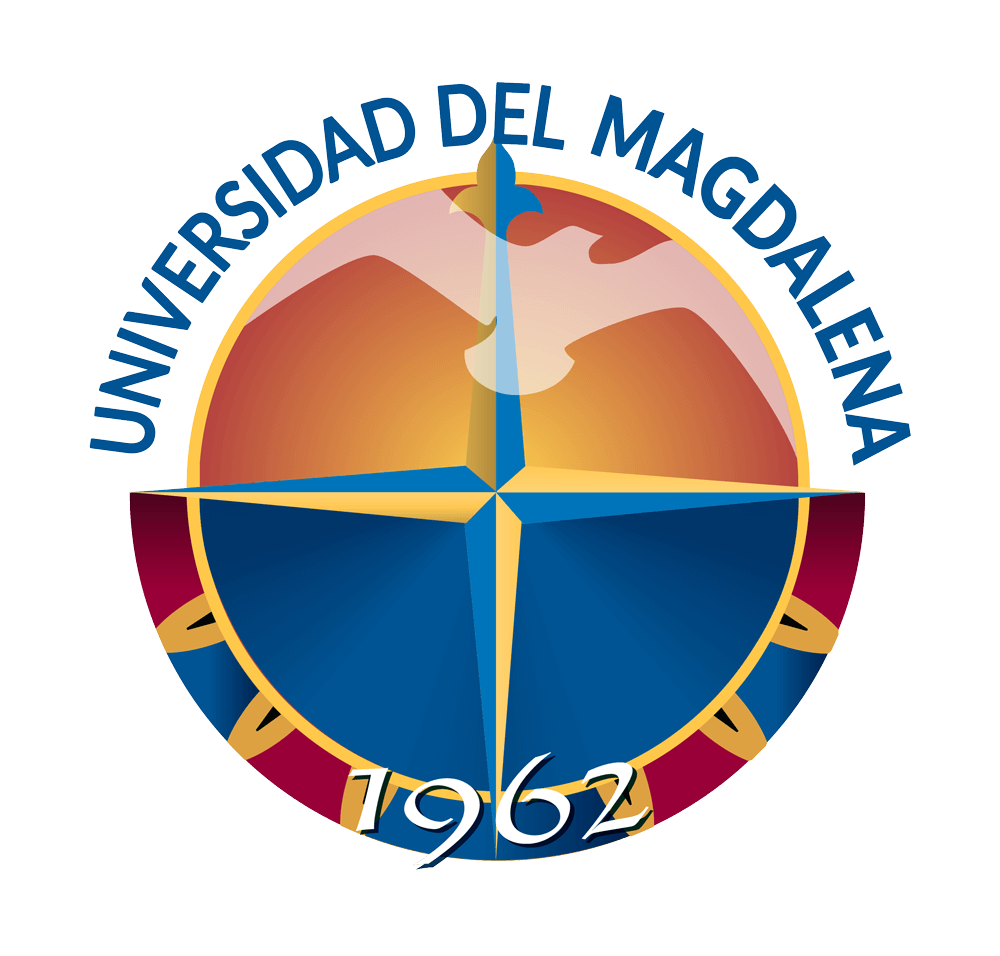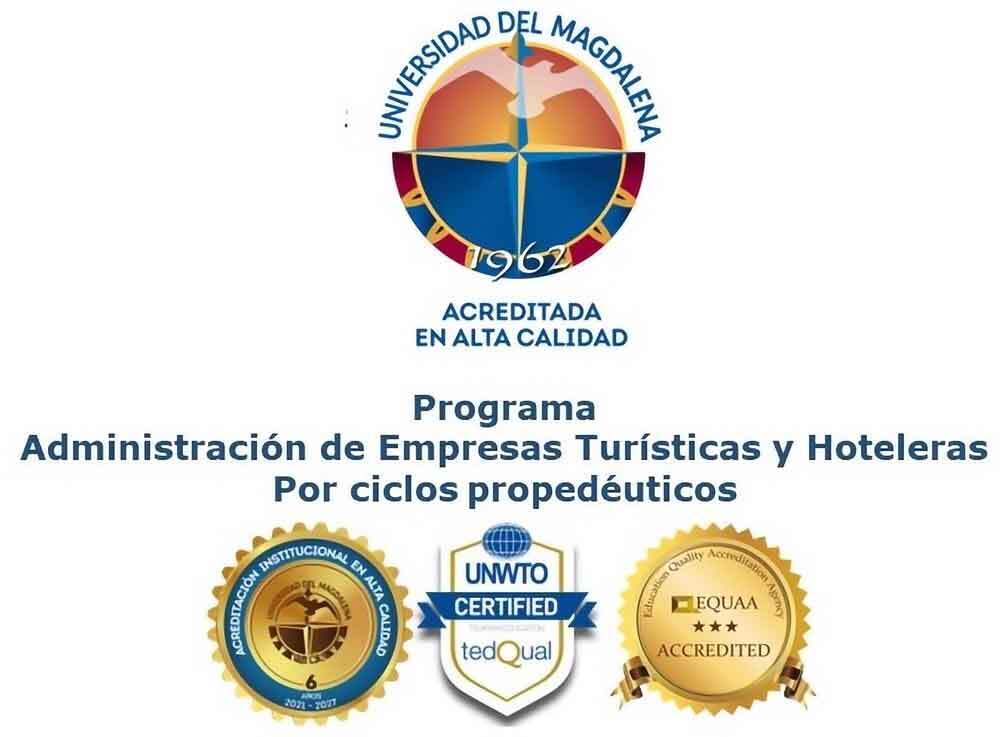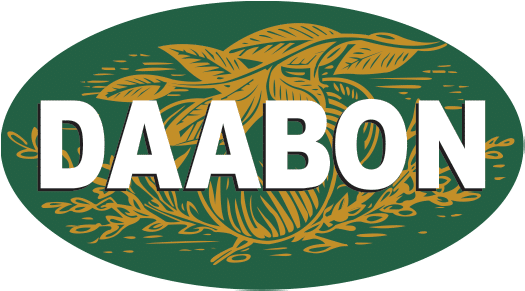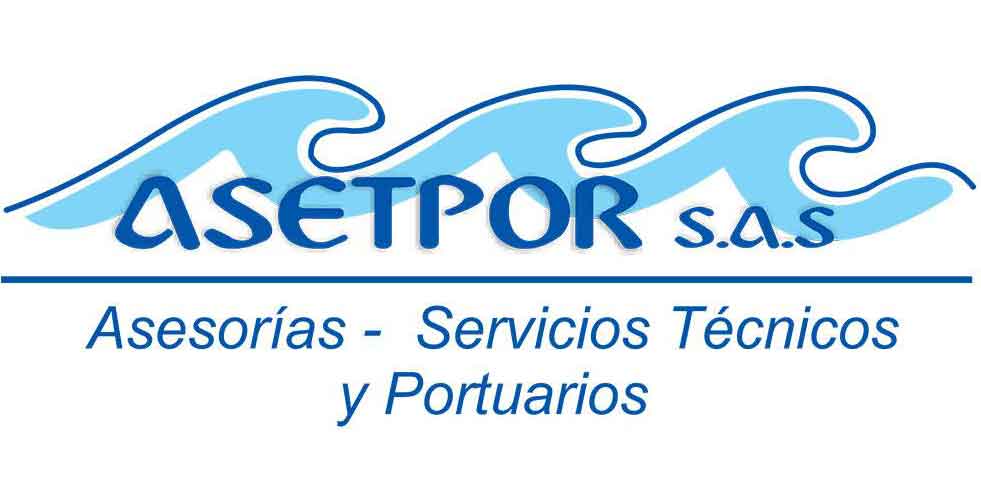1. Sustainability Transition Dialogue “Re-imagining markets for critical minerals in Energy Transitions”
Track Sessions 1
Date and time: Thursday, 26 October 2023; 11:00 a.m. – 12:30 p.m.
Place: Neguaje Lado A
Chair:
- Harro von Blottnitz, Academic Coordinator, TRAJECTS Centre, South Africa.
Speakers:
- Jennifer Broadhurst, Associate Professor, University of Cape Town, South Africa.
- Paola Yanguas Parra, Academic Coordinator, TRAJECTS Centre, Colombia
- Álvaro Pardo, Director, National Mining Agency, Colombia
- Carmenza Castiblanco, Professor, Universidad Nacional, Colombia
Abstract:
Transition discourses emerge from multiple geographies and sites. Increasingly, discourses on sustainability transitions are coming from social movements, NGOs, and individuals with significant connections to environmental and cultural struggles. In the Global South, sustainability transitions discourses include post-development, Buen Vivir, Ubuntu, transitions to post-extractivims, and the rights of nature, among others. Post-growth, post-materialist, post-economic, post-capitalist, and post-human discourses are also emerging. While transition discourses from the Global South and North originate in different intellectual traditions and operate through different interest groups and political practices and, therefore, have points of tension, these discourses also have points of convergence and share goals and predicaments. They radically question some of the core assumptions of development discourses, i.e., economic growth and spatial and technological fixes. This lecture brings into dialogue two renowned thinkers from Colombia and South Africa to highlight the commonalities and points of tension between discourses on sustainability transitions and present visions of societal transformation based on ecological integrity and social justice, as well as the practices through which these visions can materialise at national and local levels.
2. Sustainability Transition Dialogue “Fundamental Controversies in Nature-Based Solutions”
Tracks Sessions 3
Date and time: Friday, 27 October 2023; 9:30 a.m. – 11:00 p.m.
Place: Neguaje Lado A
Chairs:
- Michelle Pressend, Academic Coordinator, TRAJECTS Centre, South Africa.
Speaker:
- Andrés Osorio, Corporación Centro de Excelencia en Ciencias del Mar (CEMARIN), Colombia
- Michela Izzo, Executive Director, Guakía Ambiente, Dominican Republic
- Anulisa Claire Adhiambo, The Center for International Forestry Research (CIFOR) and World Agroforestry (ICRAF), Kenya
- Glynis Humphrey, African Climate Development Institute (ACDI), South Africa
Abstract:
Renewable energy technologies have become prominent in energy transitions. For countries to meet their climate mitigation goals, the demand for these technologies will rise significantly over at least the next two decades. The rapid and large-scale deployment of renewable energy will significantly increase the minerals demand needed to produce technologies. According to the World Bank Group, over 3 billion tons of minerals and metals will be needed to deploy wind, solar and geothermal power, as well as energy storage, required for achieving a below 2°C future. In particular, minerals such as lithium, graphite, cobalt, and copper are expected to face relative and absolute increases in their demand. The largest reserves of these minerals -mainly in the Global South. According to some accounts, Chile, Peru, and Mexico have an estimated 40% of the world’s copper reserves, with additional reserves found in Argentina, Brazil, Colombia and Ecuador. Approximately two-thirds of the world’s lithium reserves are found in Bolivia. Also, Brazil hosts 17% of the world’s nickel reserves, with additional reserves in Colombia. Several social-ecological problems face mineral-rich countries. They run the risk of reproducing extractivist dynamics observed in sectors like coal and copper mining or the risks of developing illegal and informal markets with high environmental impacts like gold and cobalt mining. This session brings different perspectives from the Global ‘South’ in dialogue to shed light on the implications for local sustainability and communities of the boom of critical minerals and to discuss the different policies to assert control over critical mineral supply chains and the geopolitical implications of those actions.











